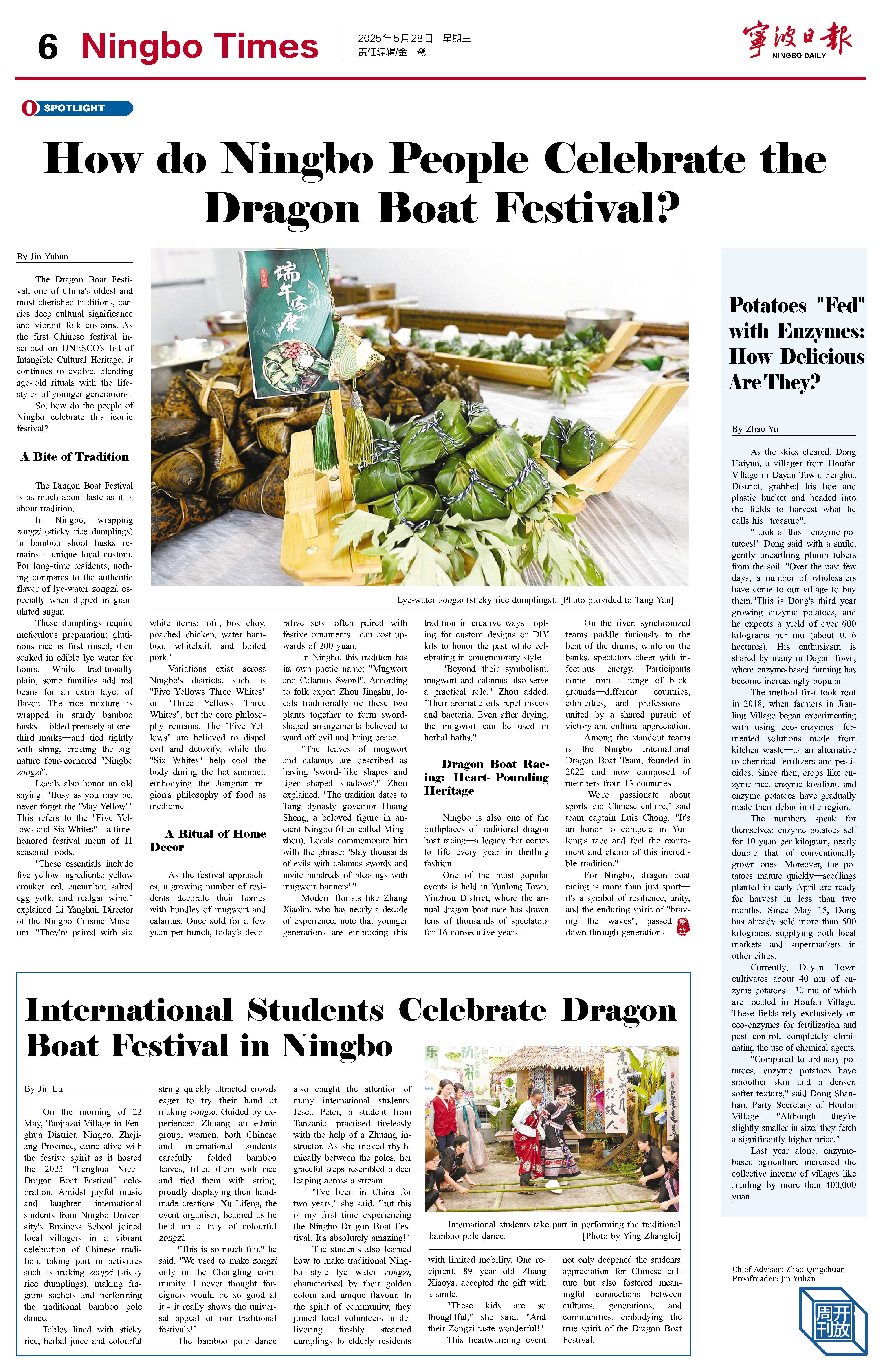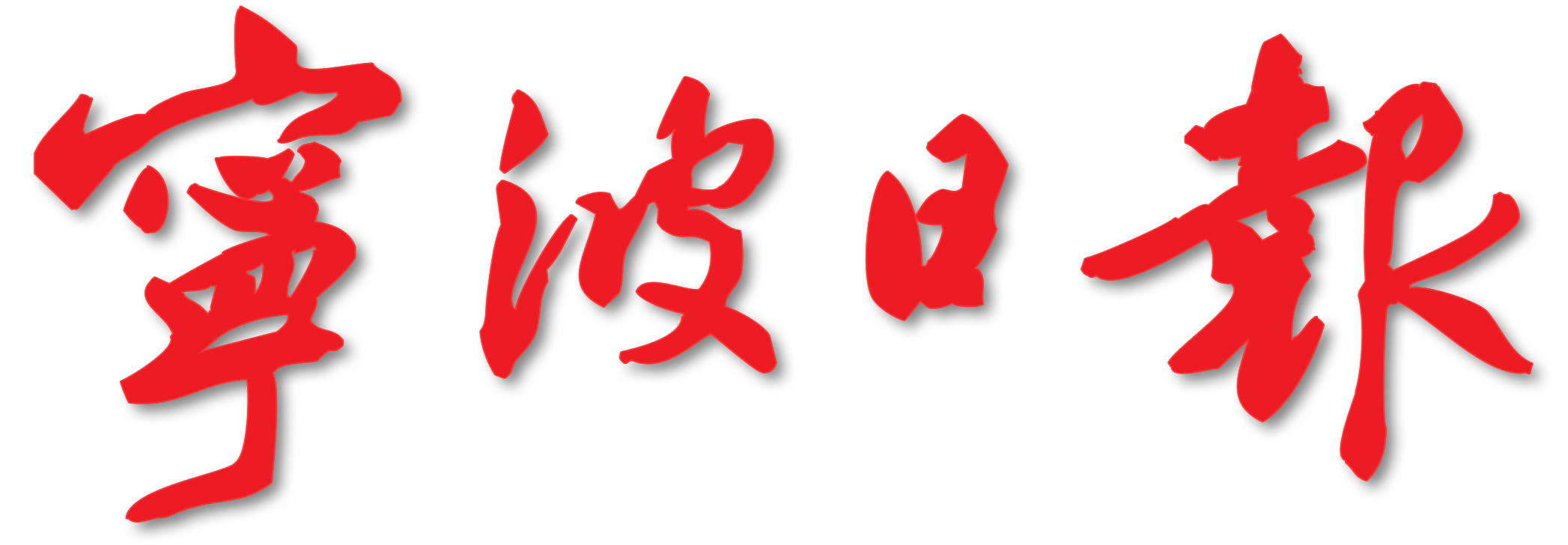By Zhao Yu
As the skies cleared, Dong Haiyun, a villager from Houfan Village in Dayan Town, Fenghua District, grabbed his hoe and plastic bucket and headed into the fields to harvest what he calls his "treasure".
"Look at this—enzyme potatoes!" Dong said with a smile, gently unearthing plump tubers from the soil. "Over the past few days, a number of wholesalers have come to our village to buy them."This is Dong's third year growing enzyme potatoes, and he expects a yield of over 600 kilograms per mu (about 0.16 hectares). His enthusiasm is shared by many in Dayan Town, where enzyme-based farming has become increasingly popular.
The method first took root in 2018, when farmers in Jianling Village began experimenting with using eco-enzymes—fermented solutions made from kitchen waste—as an alternative to chemical fertilizers and pesticides. Since then, crops like enzyme rice, enzyme kiwifruit, and enzyme potatoes have gradually made their debut in the region.
The numbers speak for themselves: enzyme potatoes sell for 10 yuan per kilogram, nearly double that of conventionally grown ones. Moreover, the potatoes mature quickly—seedlings planted in early April are ready for harvest in less than two months. Since May 15, Dong has already sold more than 500 kilograms, supplying both local markets and supermarkets in other cities.
Currently, Dayan Town cultivates about 40 mu of enzyme potatoes—30 mu of which are located in Houfan Village. These fields rely exclusively on eco-enzymes for fertilization and pest control, completely eliminating the use of chemical agents.
"Compared to ordinary potatoes, enzyme potatoes have smoother skin and a denser, softer texture," said Dong Shanhan, Party Secretary of Houfan Village. "Although they're slightly smaller in size, they fetch a significantly higher price."
Last year alone, enzyme-based agriculture increased the collective income of villages like Jianling by more than 400,000 yuan.


